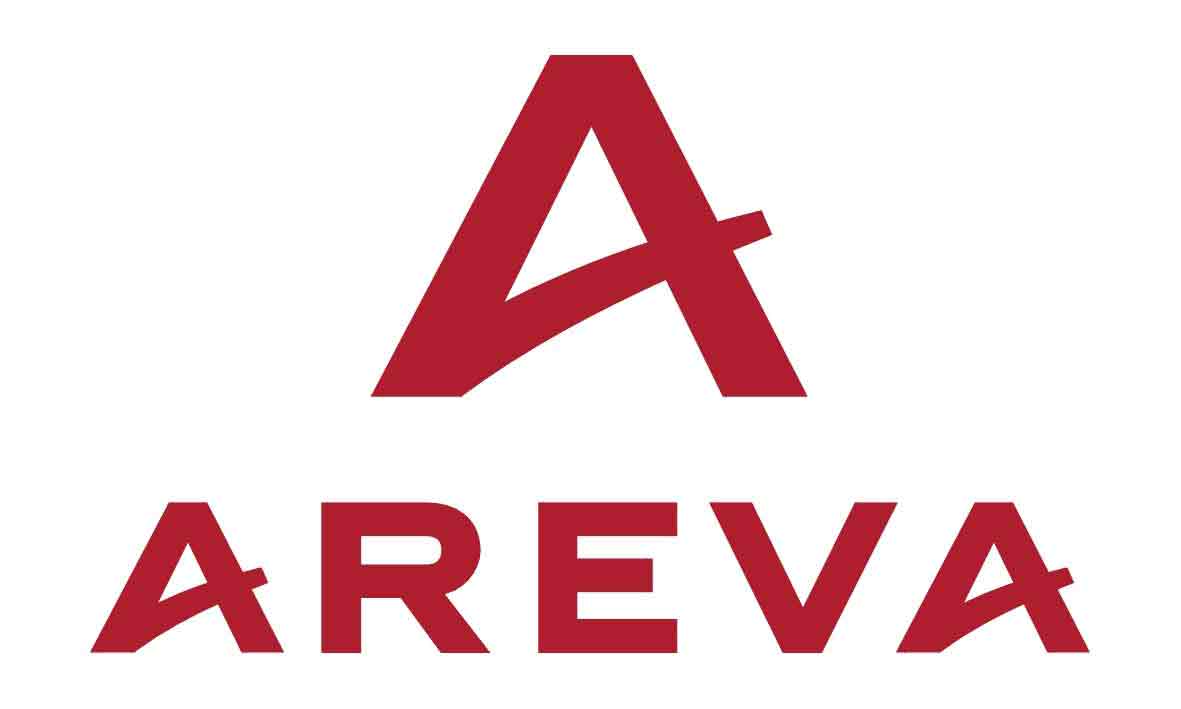Yesterday I posted a blog article about problems with Rosatom, the Russian state corporation that regulates and promotes nuclear industry in Russia. I also mentioned problems with the Japanese nuclear industry and the South Korean nuclear industry. All three of these countries are busy trying to sell questionable nuclear technology to other countries. There are not a lot of countries manufacturing nuclear reactors these days. France is a member of the nuclear club and like Russia, Japan and South Korea, it is trying to sell its nuclear technology abroad. France relies on nuclear power for eighty percent of its electricity and their need to keep their nuclear industry alive is as much aimed at domestic power generation as it is in stimulating export sales of nuclear technology.
AREVA is a French public corporation with strong ties to the French national government. It was created in 2001 by the merger of several companies active in various nuclear industries in Europe It is the only major international nuclear company that is involved in every facet of nuclear energy and research including “mining, chemistry, enrichment, combustibles, services, engineering, nuclear propulsion and reactors, treatment, recycling, stabilization, and dismantling.” They appear to have a better record of competence and integrity than the Russian, Japanese and South Korean nuclear companies but they have had some problems.
In 2003, Finland ordered a new reactor system from AREVA. When there were serious cost overruns, AREVA refused to pick up the extra costs and the case is in arbitration. Currently, the project is four years behind schedule and ninety percent over budget. It is unlikely that the reactor will start producing electricity before 2015.
In 2007, the French government signed an agreement with Libya for civilian nuclear power. It was announced that the project was aim at desalinization of sea water but some critics claimed that it was really just an excuse to export AREVA’s expensive nuclear technology. Other critics said that the nuclear power deal was related to the release of Belgian nurses being held by the Libyans. The German government denounced the deal.
In 2007, AREVA was fined fifty three million Euros for “rigging European Union electricity markets through a cartel involving eleven companies..”
In 2010, anti-nuclear activist fought the construction of a new AREVA nuclear power plant on the Normandy coast because of design changes to the fuel pellet cladding. AREVA made the changes when its original design was challenged on safety grounds. The critics said that the changes that were made were not sufficient to solve the problems.
Also in 2010, complaints were raised by Greenpeace about nuclear dust contamination of native villages near the uranium min which provided one half of AREAVA’s uranium. AREVA carried out some cleanup activities and declared that the problem was solved. Investigators who went to the villages after the cleanup still found high levels of radioactive contamination.
At the end of 2011, the new director of AREVA announced a three billion dollar writedown due to a downturn in the nuclear market. Half of that was related to the purchase of UraMin, a uranium mining stock. The woman who had managed the company for ten years was investigated covertly and then removed from her post. She was blamed for making the decision to purchase the UraMin stock. On the other hand, she accused the man who replaced her as director of incompetence in the management of project to develop a third generation nuclear reactor which was over budget and behind schedule. The new director also said that they might lose as much as two billion in 2012 and that they would have to lay off fifteen hundred workers.
In 2012, AREVA faced problems with a bid to build a United Kingdom reactor. Other bidders were threatening to trigger a market monopoly investigation if AREVA won the bid.
While AREVA has not been accused of using substandard part and other types of overt corruption and crime, they still have had safety and legal problems in the international marketplace. In addition, their close ties to the French government have led to questionable behavior. I am afraid that doing business with AREVA could be problematic for other countries seeking new reactors for power generation.
